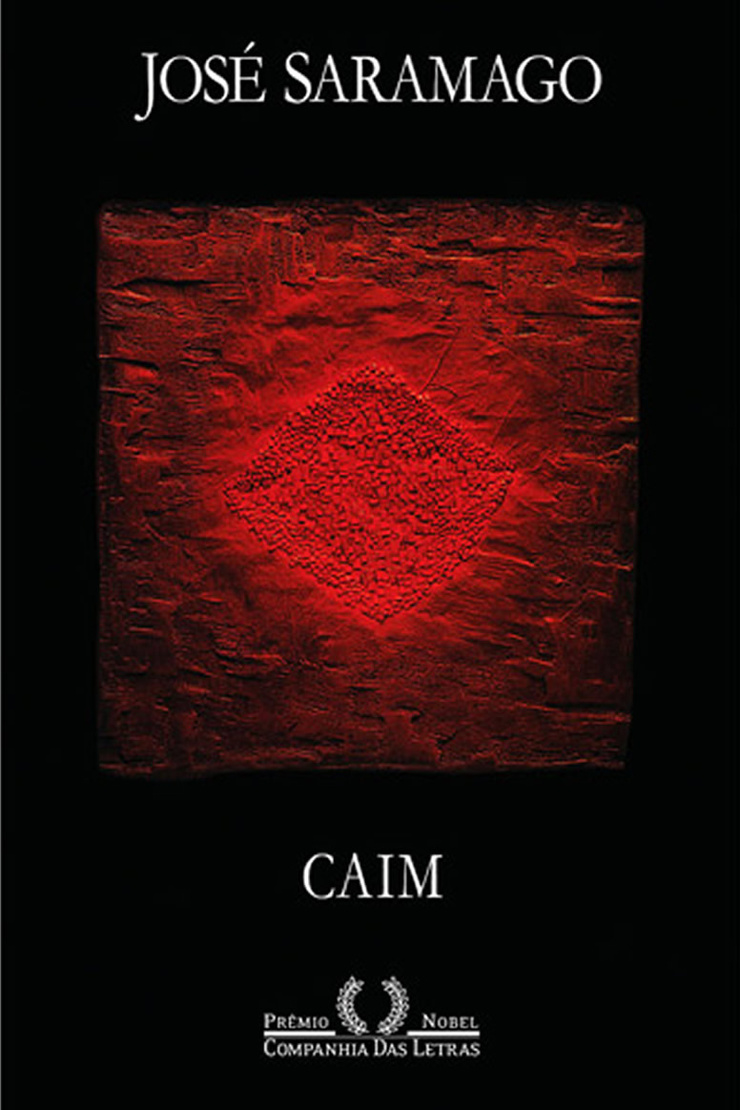

“He didn’t tell me and I’m not sure there is an explanation.” The narrator neatly summarizes the theme of Saramago’s novel: “The history of mankind is the history of our misunderstandings with god, for he doesn’t understand us and we don’t understand him.”Īs violence increases in Cain’s world, the tone of complaint and misunderstanding harshens.

“Don’t ask me why he made that promise,” the narrator can only say. The acceptance of Abel’s sacrifice and not Cain’s, for example, “still has not been explained,” according to the narrator. This mystery of the two brothers and their fatal rivalry pales in comparison to the enigma of the parents’ expulsion from Eden for eating from the fruit of the tree of knowledge - an episode, the narrator says in something of an understatement, that “has never been satisfactorily explained.” This complaint, that the ways of the Lord are mysterious, that crucial actions are never explained, is a refrain running throughout the novel. The third-person narrator declares that this is an “instructive and definitive history of cain, undertaken with unprecedented boldness.” (Cain’s name, like all the other characters, including God, is presented throughout in lower case.) The boldness largely consists of Cain blaming God for what Cain did, both because God needlessly stirred up enmity between the brothers and because He failed to remove the murder weapon, a jawbone, in timely fashion. Voltaire’s moral indignation is very much the note of Saramago’s Cain, a novel first published a year before Saramago’s death in 2010, and now newly translated by Margaret Jull Costa. This advertisement has not loaded yet, but your article continues below. He declares that anyone who avenges the murder of Abel shall be punished with seven fold the punishment inflicted on Cain. God, Voltaire complains, accepts Abel’s offering and rejects Cain “without any trace of a reason.” In an equally arbitrary spirit, God “takes the criminal under His own protection. Asked by God where his brother Abel was, Cain produced the notable response, “Am I my brother’s keeper?” As punishment, he was condemned to wander the Earth, although God also protected him by putting a mark - some scholars believe it was a tattoo - on Cain, lest anyone should kill him on sight.Voltaire has a field day with this grim tale. God found favour with the sacrificial offerings of Abel, but not with those of his brother, stirring up resentment so powerful in Cain that he slew Abel. Abel was keeper of flocks, Cain a tiller of the soil. Readers of the Bible will recall this twosome as the offspring of Adam and Eve. Activate your Online Access Now Article content If you are a Home delivery print subscriber, unlimited online access is included in your subscription.


 0 kommentar(er)
0 kommentar(er)
